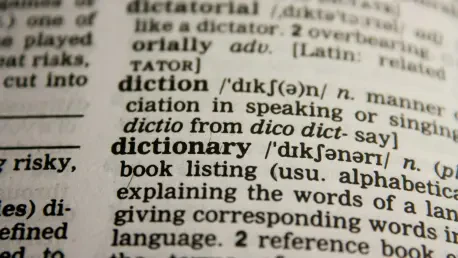
In a world where countless families navigate the complexities of Autism Spectrum Disorder (ASD), marked by challenges in social interaction, communication, and repetitive behaviors, a new layer of concern has emerged from recent research that cannot be ignored. A groundbreaking study published on

In a startling reflection of workplace challenges, the U.S. Equal Employment Opportunity Commission (EEOC) reported that retaliation claims have consistently accounted for over half of all charges filed in recent years, with tens of thousands of cases annually highlighting a pervasive issue that

In a striking reminder of the importance of workplace inclusivity, a recent UK employment tribunal case has brought to light the serious consequences of failing to accommodate employees with disabilities, ultimately leading to a significant financial award of £22,716. The case centers on an

Introduction to Language Exclusion in the Workplace Imagine a workplace meeting where critical decisions are being made, yet a single employee sits in silence, unable to comprehend the conversation because colleagues are speaking a language they don't understand, creating a barrier to

Setting the Stage for Termination Challenges Imagine an HR professional facing a tense situation: a recently terminated employee demands a written explanation for their dismissal due to performance issues, leaving the manager uncertain about legal obligations and the best course of action. This

Introduction Imagine a group of off-duty workers gathering in a warehouse parking lot, distributing flyers to advocate for better safety conditions, only to be confronted by security and threatened with police involvement. This scenario unfolded at multiple Amazon facilities, raising critical